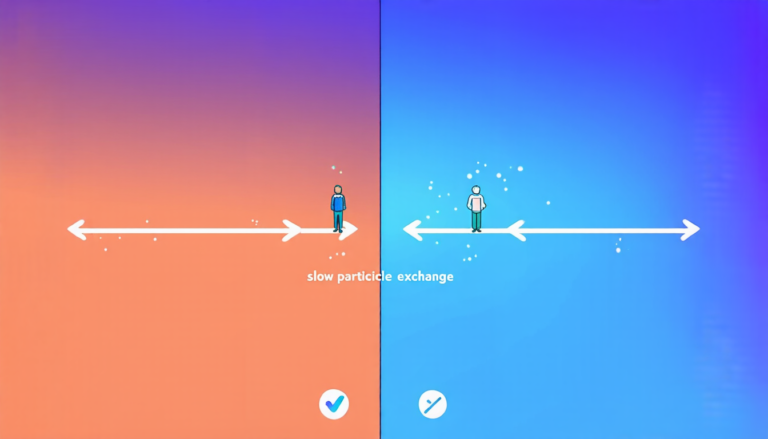Tuesday 05 August 2025
Scientists have long struggled to simulate complex quantum systems on real-world computers, a problem known as quantum circuit compression. This challenge has hindered our ability to harness the power of quantum computing for tasks like simulating chemical reactions or modeling complex materials.
A team of researchers has made significant progress in tackling this issue by developing a new method for compressing quantum circuits. The approach, which uses a combination of mathematical techniques and clever programming, allows them to reduce the depth of these circuits while retaining their accuracy.
The key innovation is a technique called Pauli propagation, which enables the team to efficiently compute the expectation values of complex quantum states. This is crucial because it’s the foundation for simulating the behavior of quantum systems over time.
To put this into perspective, think of a quantum system like a complicated musical composition. The notes and rhythms must be precisely orchestrated to create the desired sound. In the same way, the quantum state must be carefully crafted to simulate the behavior of particles at the atomic level.
The researchers’ method is particularly effective for simulating the dynamics of two-dimensional (2D) quantum systems, which are crucial for understanding many phenomena in condensed matter physics and chemistry. By compressing these circuits, they can achieve significantly higher fidelities than traditional methods, which means their simulations will be more accurate and reliable.
To demonstrate the power of this approach, the team performed experiments on a real-world quantum processor, known as the H1 chip. They compared the results to those obtained using traditional methods and found that their compressed circuits achieved much higher fidelity at identical depths.
This breakthrough has significant implications for the development of practical quantum computers. By enabling more accurate simulations of complex quantum systems, it could accelerate progress in fields like materials science and chemistry.
In the long run, this technology may also pave the way for the creation of powerful quantum simulators that can model complex phenomena with unprecedented accuracy. This, in turn, could lead to breakthroughs in areas like climate modeling, where accurate simulations are critical for predicting the behavior of complex systems.
The team’s work is a testament to the power of interdisciplinary research, combining insights from mathematics, physics, and computer science to tackle some of the most challenging problems in modern science. As we continue to push the boundaries of what’s possible with quantum computing, innovations like this will be essential for unlocking its full potential.
Cite this article: “Quantum Circuit Compression Breakthrough Enables Accurate Simulations of Complex Systems”, The Science Archive, 2025.
Quantum Circuits, Compression, Simulation, Quantum Computing, Quantum Systems, Pauli Propagation, Expectation Values, Fidelity, Condensed Matter Physics, Chemistry







